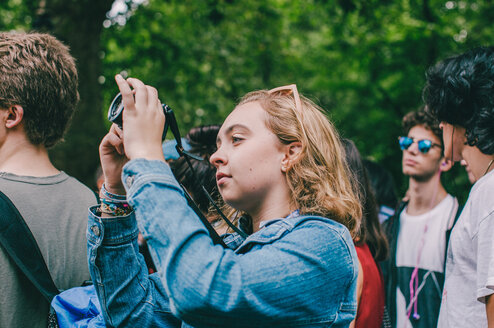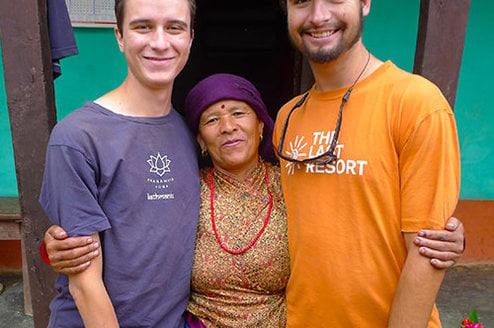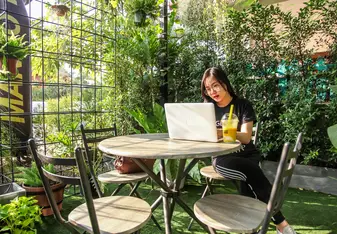Hands-on Learning Gap Year Programs
Hands-on Learning Gap Year Programs
Pagination
About
Do you want a gap year where you learn practical skills? Or get a chance to learn first-hand how to do something new? Whether it's cooking classes or scuba diving certification, a hands-on learning gap year might be the type of program you're searching for.
A hands-on learning gap year or semester is one that's designed to teach gappers a new skill by doing it. Typically, hands-on learning gap year programs will focus on practical skills such as scuba diving, cooking, massage, or wilderness training. Unlike a traditional education, these programs aim to learn outside of the classroom -- often in a corner of the globe that's well known for the skill gappers are learning.
Where to Go
Europe
From fashion design to culinary arts; architecture to historical restoration; Europe has a diverse set of skills that gappers can learn.
Asia
Learn how to scuba dive or give a Thai massage in Thailand; learn meditation and yoga, or how to create a Bollywood film in India; take a cooking class in the Philippines or China. Whatever you do, Asia is rich in hands-on learning options.
South and Central America
South and Central America, especially Costa Rica, have quite a few destinations for scuba diving certifications. You can also learn Spanish (obviously) or about environmental conservation.
Africa
Head to one of Africa's 52 countries and learn more about dance, music, environmental conservation, or photography.
Planning Your Trip
What Can You Do?
What are the possibilities are for hands-on learning? Everything. You can become an expert in Thai cuisine, become certified in scuba diving, learn how to build a shelter and survive in the wilderness, become a yoga master, participate in animal and marine life conservation, become a documentary filmmaker or a writer, and any other possible skill that you can dream up.
Visa
Visa regulations vary widely by country, but generally if your visit is under a certain amount of days a visa won't be required. That differs greatly depending on the country, as does the process and difficulty level in obtaining a visa.
Housing
The type of housing you'll be staying in varies by program. If your gap year is focused on teaching wilderness survival skills, it is likely you'll be camping. If you're learning a language, you'll likely be placed with a host family (or at least given the option).
General Tips
Packing: You may have heard it already, many times probably, but pack lightly and sensibly. Think about where you're going, what kind of natural environment is it? What skills will you be learning? For instance, if you're going to be farming, leave the high heels and your expensive clothes at home.
Be respectful: Make sure to understand and be mindful of the laws and customs of the country where you are learning new skills. You want to portray yourself and your own culture in a positive light and you definitely want to stay out of trouble.
Safety first: Whether you're dealing with the wild animals of Africa, climbing a mountain, or scuba diving, chances are there will be rules put in place. These are for your own safety as well as the safety of those around you, so be smart with your decision making.














